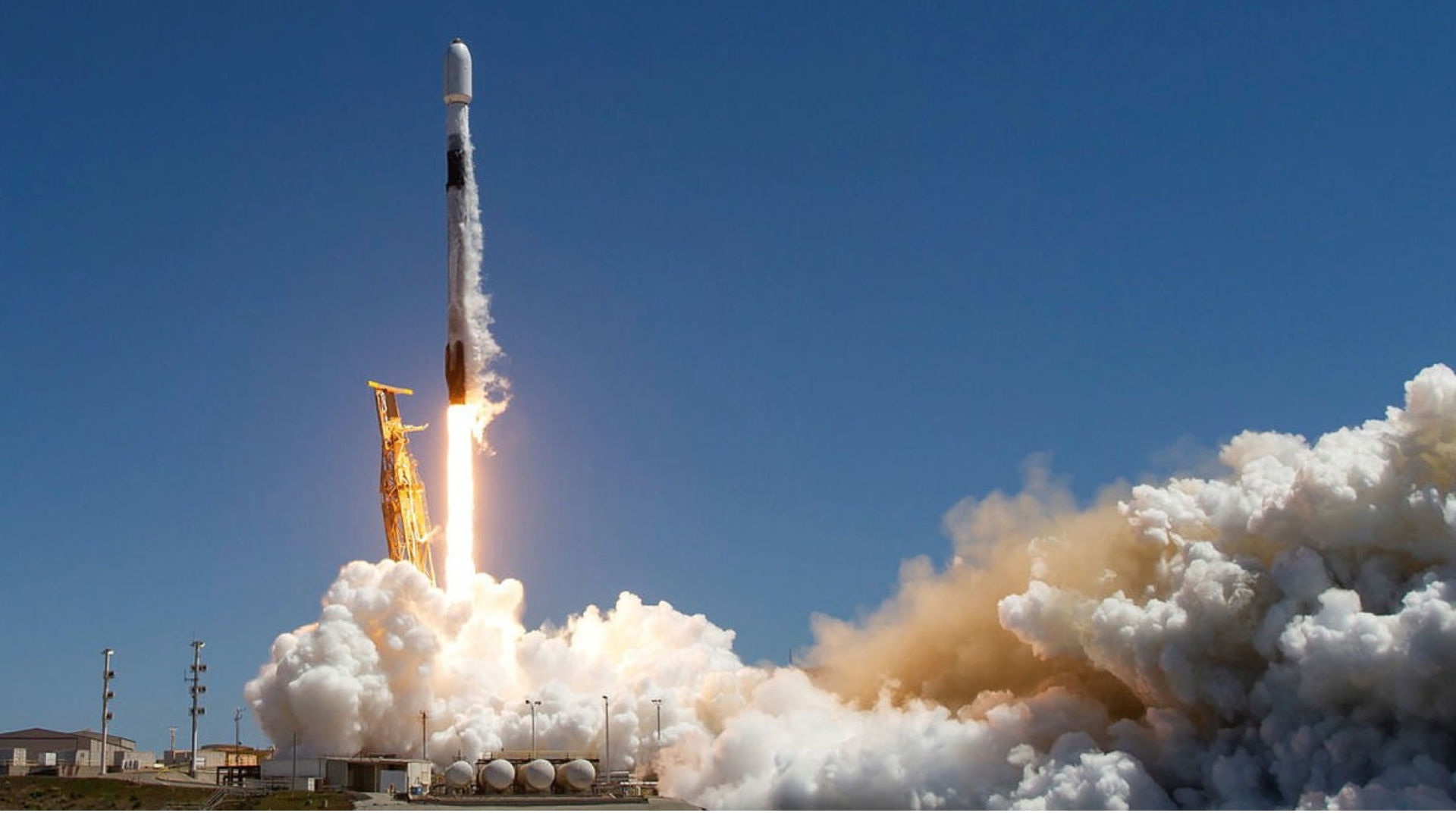
UK boosts satellite security with £500,00 investment in new laser detection technology

The UK government has today announced a new £500,000 investment in cutting-edge detection technology that spots lasers that adversaries may use to dazzle satellites and intercept communications.
Currently under development, the new sensors will determine the characteristics of lasers based in space or on the ground and whether they pose a threat to the satellite, providing the military with crucial information to protect and defend the UK and allied space systems and assets.
Luke Pollard, Minister for Defence Readiness and Industry said: "Space is a hugely important and contested frontline, and satellites play a vital role in UK prosperity and security.
- MPs warned UK is lagging behind on developing military capability in space
- Britain set to support Nato allies by offering launch vehicles and space ports
- Sitrep: UK makes a giant leap in launching its first British-owned military satellite
"They are crucial to our everyday lives and provide a critical capability for our Armed Forces. It is essential they are protected."
Battlefield of the future
The new sensors are being developed by the UK Space Command (UKSC), which is a joint command of the British Armed Forces, and the UK Space Agency (UKSA), the Government body responsible for the country's civil space programme.
Nearly 20% of UK GDP is reliant on satellite services, which are essential for supporting daily life, including through communication, money transfers, navigation, emergency services, and weather forecasting.
Satellites are also critical to defence, providing capabilities such as intelligence, surveillance and reconnaissance and providing instant communications to military platforms.
Lasers can threaten satellites by tracking their location, dazzling or blinding their sensors, and intercepting or disrupting communications.
Major General Paul Tedman, Commander of UK Space Command, said they are competing against a "growing arsenal of adversary counterspace systems", which requires new and innovative technology to protect and defend satellites.
The aerospace and defence sectors added more than £42bn to the economy last year, an increase of 64% in the last 10 years.
There are now 443,000 people directly employed across the UK, with the Government making defence an engine for economic growth.









